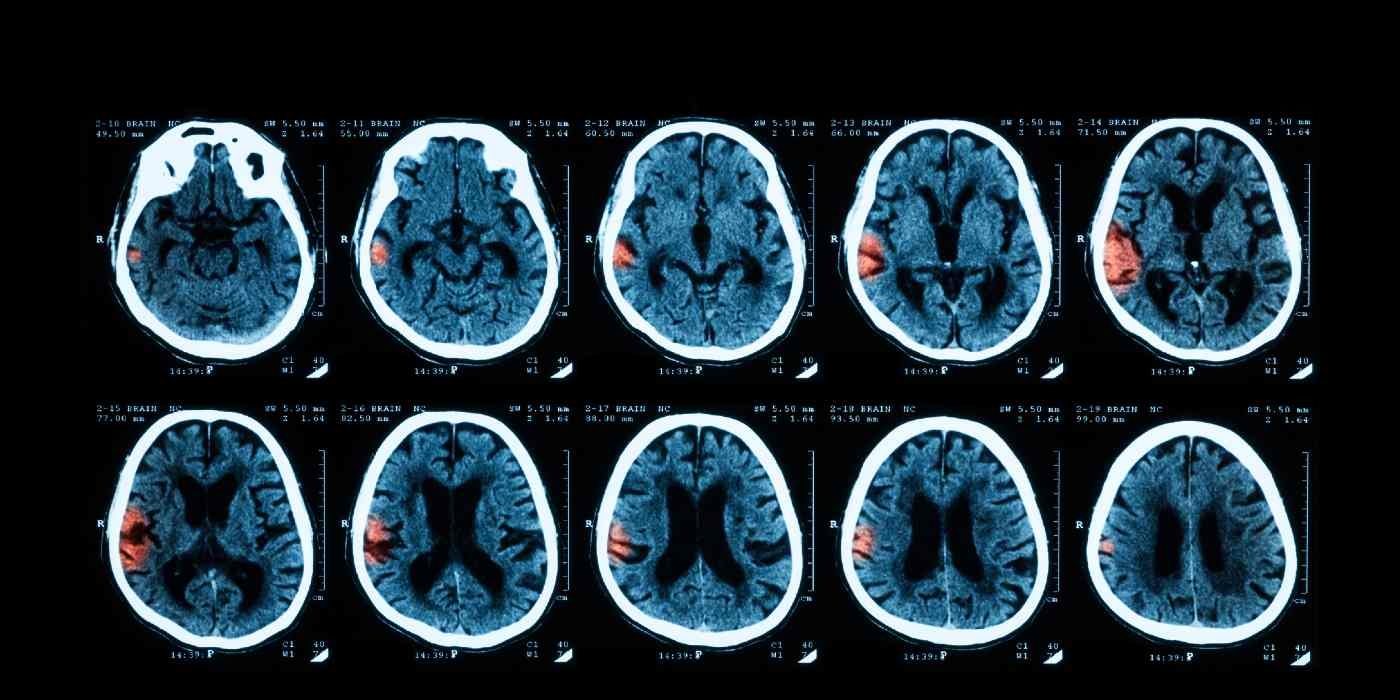
Outcome PredicTion in IntraCerebral haemorrhage Study (OPTICS)
Background:
Intracerebral haemorrhage (ICH) due to bleeding into the brain by the rupture of a blood vessel, is the most serious and least treatable type of stroke. Outcome prediction after ICH is fundamental to guiding the care of patients. However, the current range of prediction tools are limited. Machine Learning, especially, deep learning, has the potential to assist and improve outcome prediction/prognosis.
Aim:
To use deep learning to develop a robust decision-tool to assist clinicians predict key outcomes at a personalised level in patients with ICH as part of routine clinical practice.
Research Methodology:
- Collection and use of data from surveys and focus groups to assist in the design and validation of the machine learning software.
- Secondary use of existing datasets including brain imaging data and medical records (demographics, clinical data, medical history, haematoma parameters, other imaging parameters, management over 7-days) to train the prediction model.
Current Status:
The project was launched in late 2023, with Phase 1 of study anticipated to close in mid-2024. Recruitment for the survey and focus groups is in progress as of March 2024.
Phase 2 development of the deep learning tool is expected to be completed by late 2024, with Phase 3 validation and calibration aiming to complete and publish the study by mid-2025.




